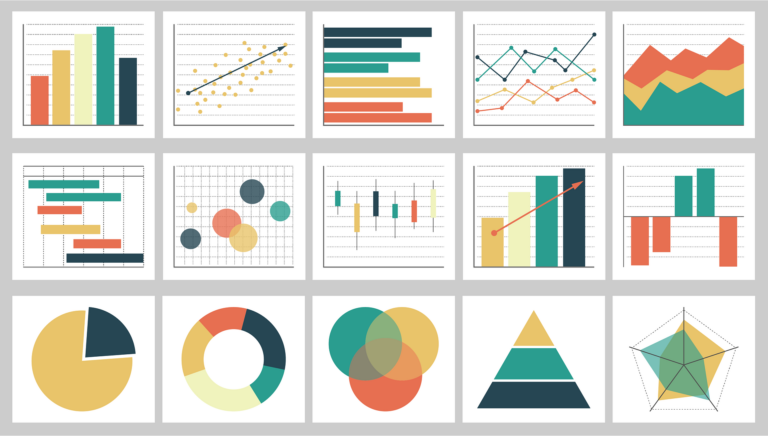Embrace Collaboration with Open Source Software Licenses
In the digital age, the power of collaboration and collective innovation has reshaped the software landscape. Open source software has emerged as a driving force behind this transformation, empowering developers and organizations to share, modify, and distribute software freely. Central to the success of open source projects are the licenses that govern their use, modification, and distribution. In this article, we’ll explore the world of open source software licenses, unraveling their significance and delving into some of the most prominent licenses in use today.
Understanding Open Source Software Licenses
Open source software licenses serve as the bedrock of collaboration and innovation within the open source community. These licenses dictate the terms under which software can be used, modified, and distributed, while upholding the fundamental principles of transparency and freedom. They play a crucial role in ensuring that the code remains accessible to all and encourages further contributions.
Types of Open Source Licenses
- Permissive Licenses: Permissive licenses grant users significant freedom to use, modify, and distribute the software, often with minimal restrictions. The MIT License and the Apache License are prime examples of permissive licenses, promoting broad adoption and easy integration into both open source and proprietary projects.
- Copyleft Licenses: Copyleft licenses, such as the GNU General Public License (GPL), require derivative works to be licensed under the same terms as the original software. These licenses prioritize the preservation of software freedom and encourage contributors to share their modifications with the community.
- Weak Copyleft Licenses: These licenses, like the GNU Lesser General Public License (LGPL), strike a balance between permissive and strong copyleft licenses. While they mandate the release of modifications to the library’s source code, they do not necessarily extend the copyleft obligations to the entire application using the library.
- Strong Copyleft Licenses: Strong copyleft licenses, including the Affero General Public License (AGPL), are designed to ensure that the source code of any modifications or extensions to the software is made available to users when the software is accessed over a network.
Prominent Open Source Licenses
- MIT License: The MIT License is renowned for its simplicity and flexibility. It grants users the freedom to use, modify, and distribute the software while requiring them to retain the original copyright notice and disclaimers.
- GNU General Public License (GPL): The GPL enforces the principle of software freedom by requiring any derivative work to be licensed under the same terms. This ensures that modifications and enhancements are contributed back to the open source community.
- Apache License: The Apache License promotes open collaboration and is well-suited for projects seeking to encourage commercial use. It grants users extensive rights, while offering a patent grant to protect contributors and users from potential patent litigation.
- Mozilla Public License (MPL): The MPL strikes a balance between permissiveness and copyleft, allowing for code reuse while mandating modifications to be shared under the same license.
- GNU Lesser General Public License (LGPL): The LGPL applies specifically to libraries and allows for broader usage, even in proprietary software, while requiring modifications to the library itself to be shared.
Resources
- Open Source Initiative: The OSI provides comprehensive information about various open source licenses, along with a detailed breakdown of their terms.
- Choose a License: This interactive tool helps you choose the right open source license for your project based on your preferences and requirements.
- GNU Project: The GNU Project provides a list of licenses that adhere to their philosophy of software freedom.
- Creative Commons: While not exclusively for software, Creative Commons licenses offer a framework for sharing and using creative works, including software code.






